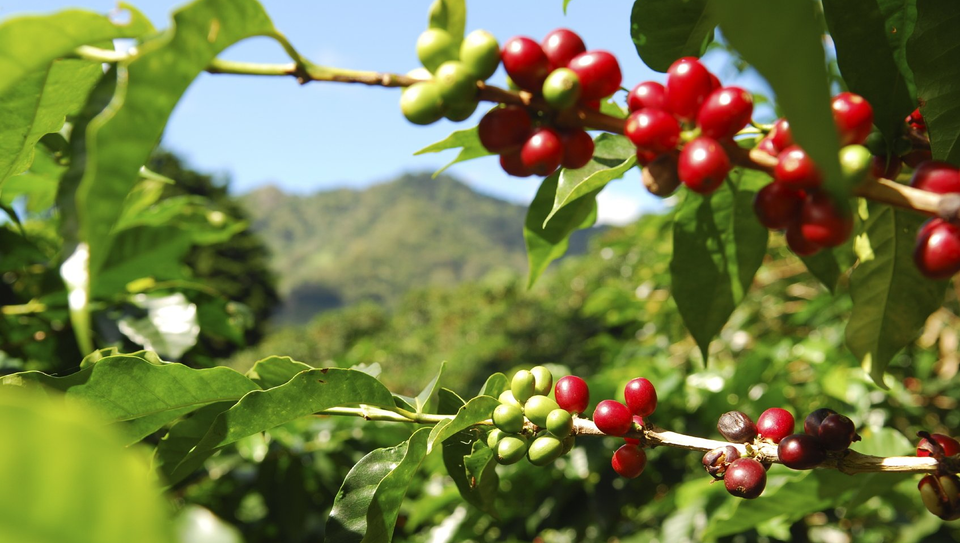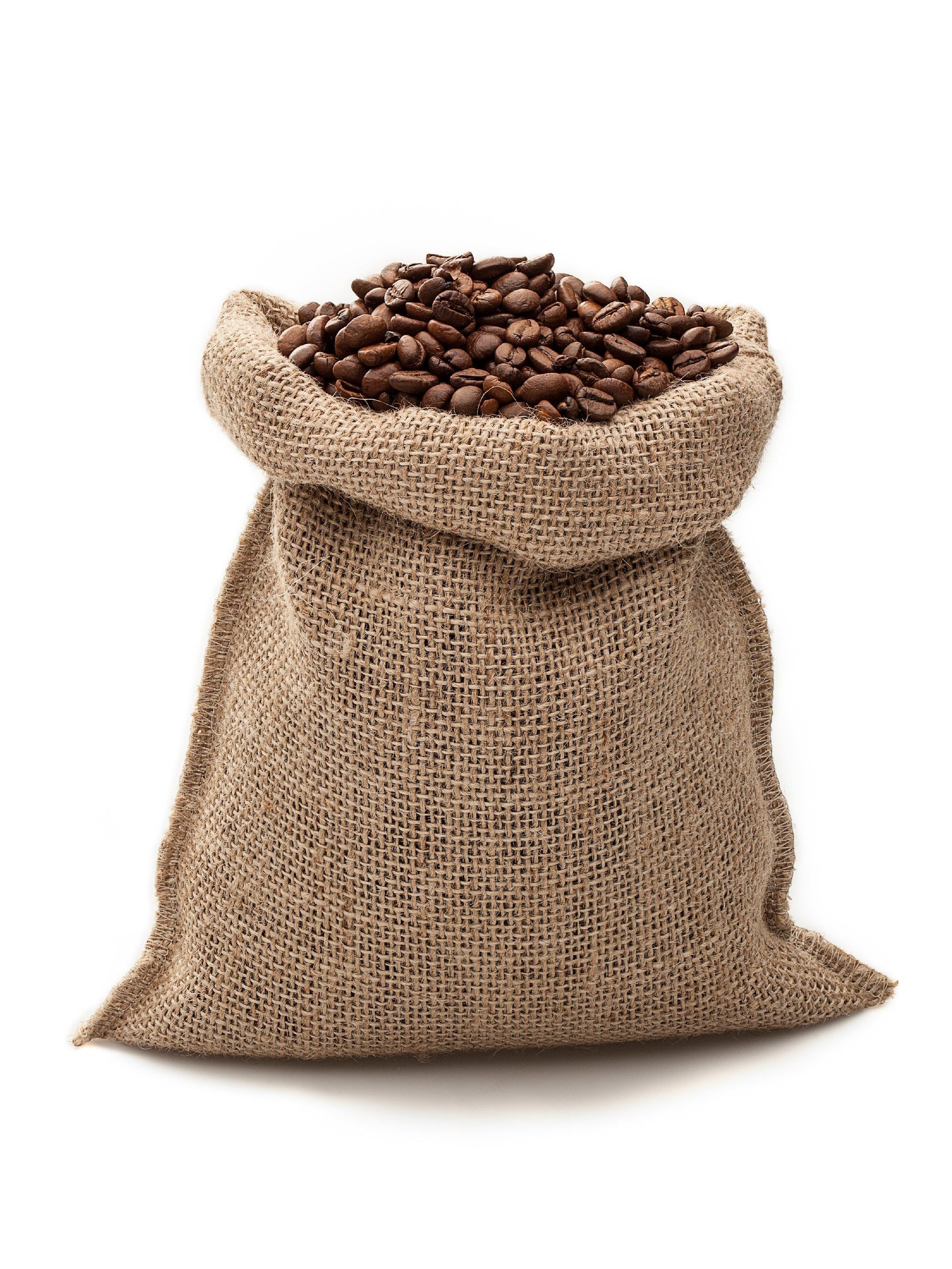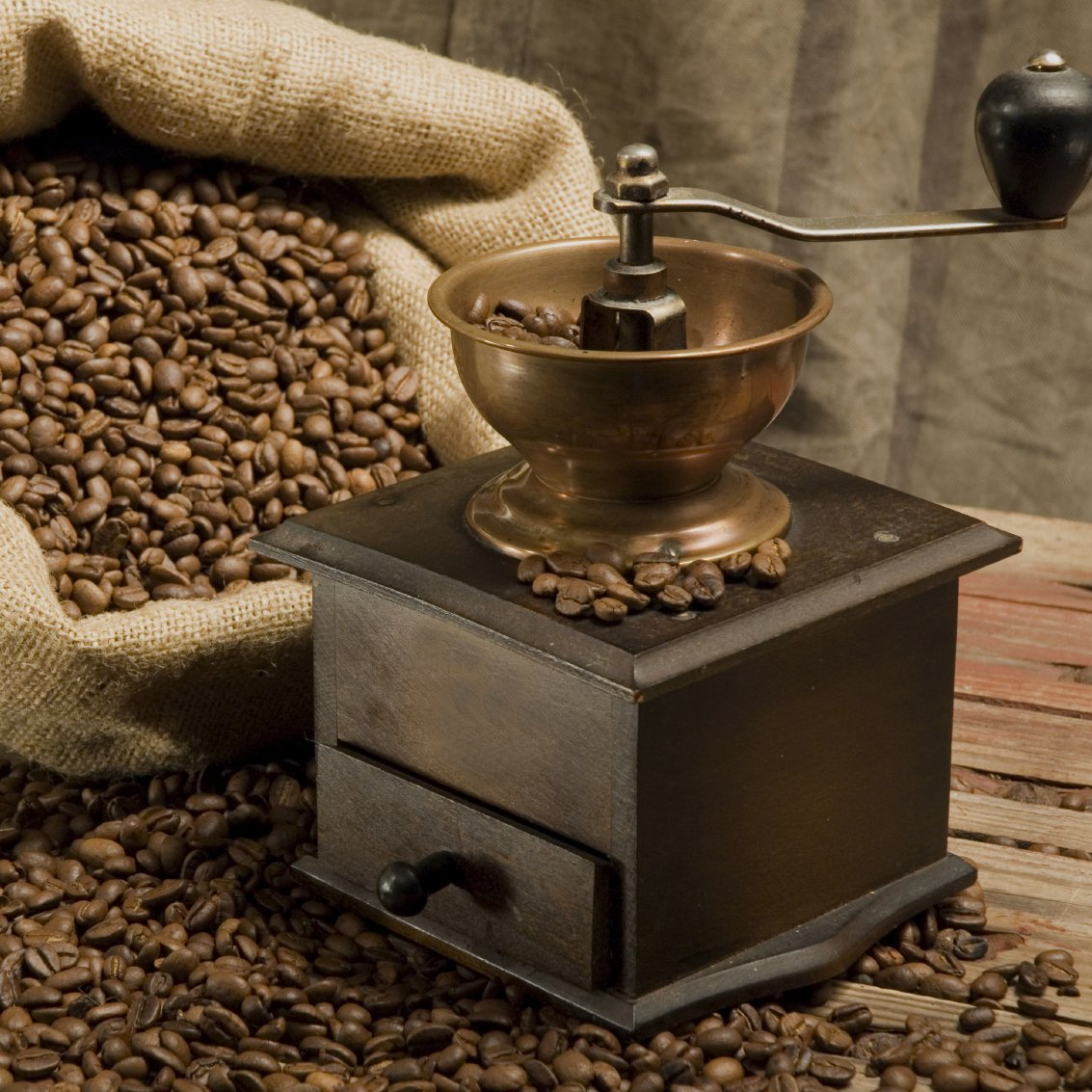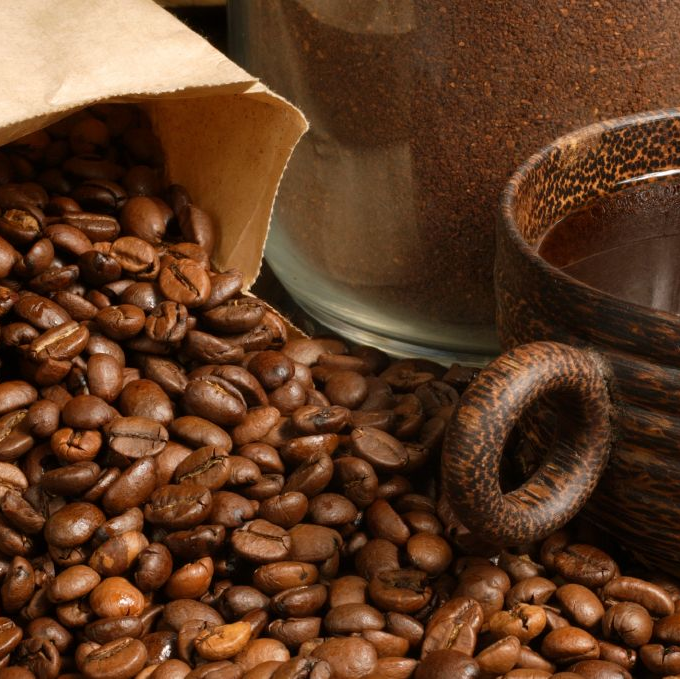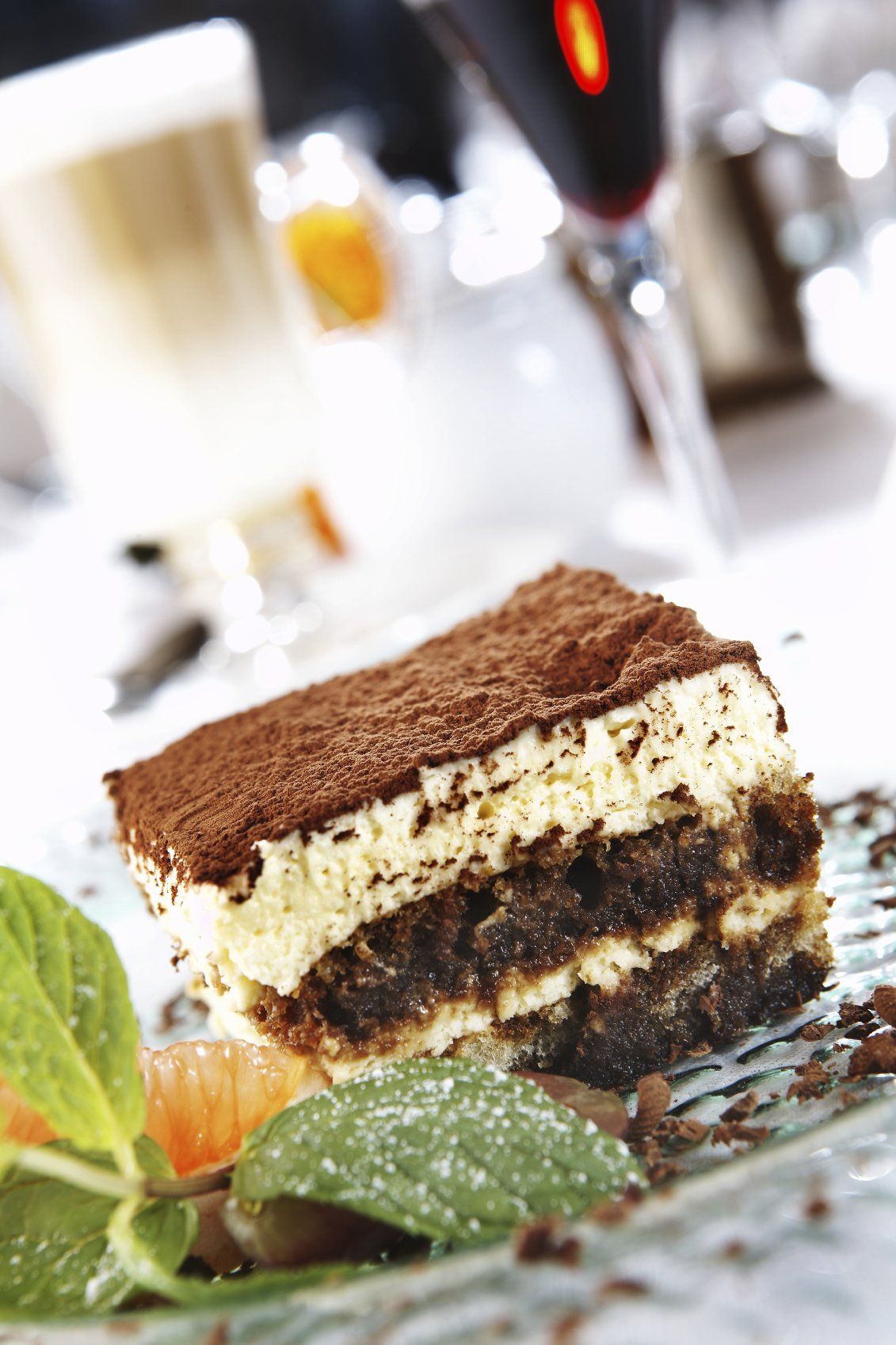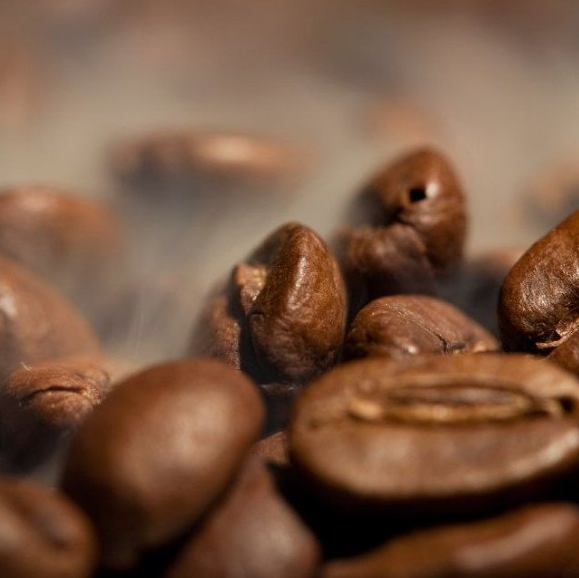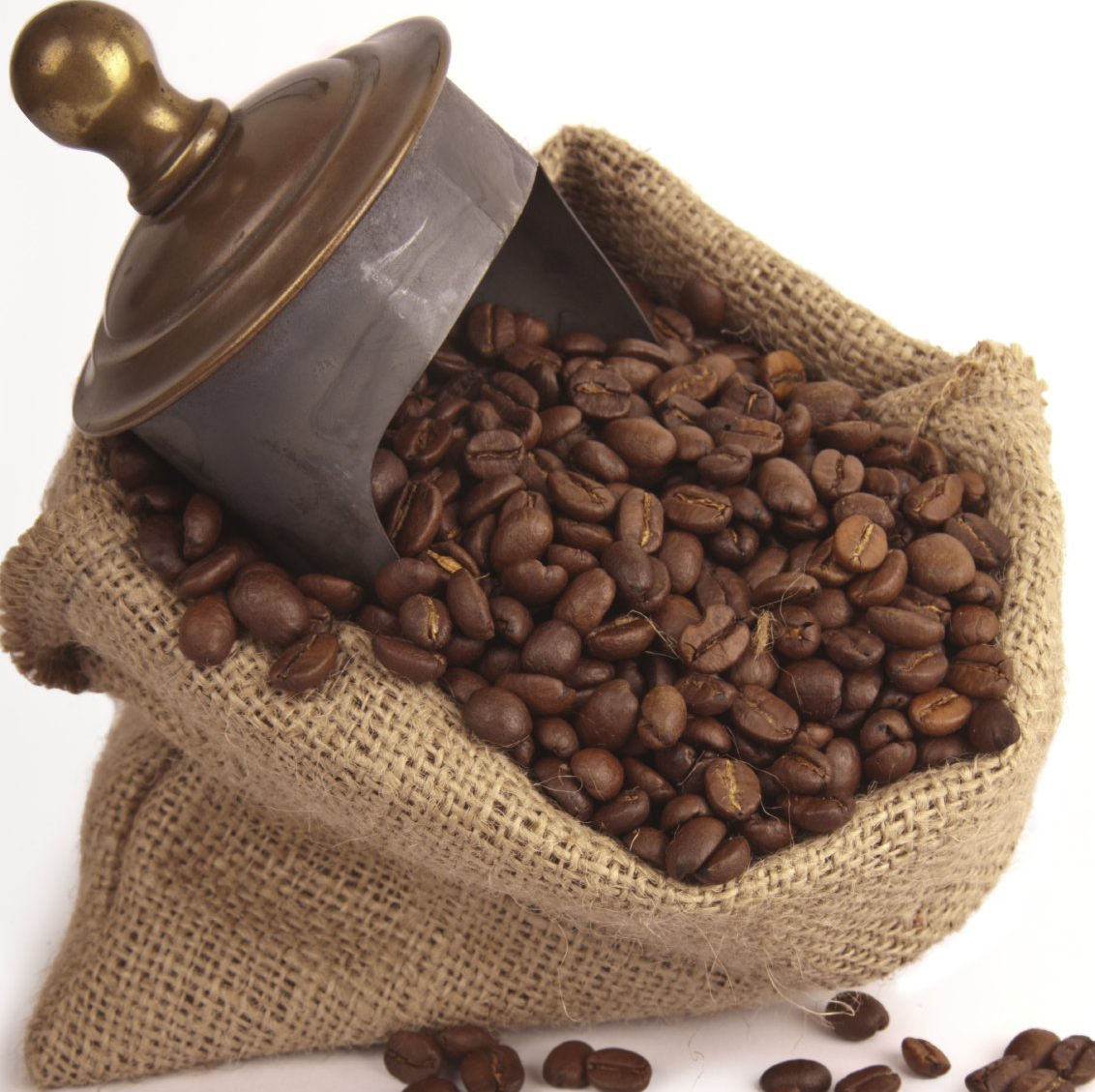Exploring the world of specialty coffee beans.
Why should people try specialty coffee beans?
A growing
number of coffee drinkers are discovering the wide range of specialty coffee
beans that are available. For a quick recap, let’s look at “what’s speciality
coffee”? First let’s deal with the spelling. Whether you read specialty coffee
beans or speciality coffee beans the meaning is identical it is just that the
former is the American version and the latter the English version. For the sake
of continuity I will use the specialty version here. Back to the question “what
is specialty coffee”?
What is specialty coffee?
Specialty coffee is a term reserved for the highest grade of coffee beans available, typically referring to a complete supply chain, using single origin or single estate coffee.
So starting with the key part of that definition for the designation specialty coffee bean, that is coffee beans of the highest grade. This grade is translated into a Q score and only the coffee beans which score the highest are designated specialty coffee beans. That to me seems a great starting point to explore the wide range of taste profiles that can be found from the world’s specialty coffee beans.
Ethiopia, the birthplace of coffee since the 10th Century delivers some superb coffee bean harvests with around 98% coming from small coffee farms and micro lots. One of our absolute favourite Ethiopian coffee beans with an outstanding Q score of 92.25 is a Fairtrade Organic Heirloom varietal from Aleta Wondo in the Sidama region of Southern Ethiopia. This specialty coffee bean is grown by the Homacho Waeno co-op at 2000m above sea level.
What is the best specialty coffee bean to try?
Many people feel that coffee is just coffee, when it comes to specialty coffee that simply is not the case. This Heirloom varietal specialty coffee is a great example of why the range of flavors or tasting notes from specialty coffee is very different from the standard high street coffee shop brew.
Preparing fresh coffee from the raw coffee bean requires consideration of four key steps.
First the raw coffee bean itself and how it is prepared. This Heirloom varietal is washed and dried before shipping.
Second the coffee bean roast profile which is a highly skilled stage in the preparation of the final coffee bean. This specialty coffee bean is lightly roasted to deliver its outstanding Q score.
Third is the grind setting which should be balanced with the final step and in our view can take a coarser medium grind.
Finally is the recommended match for the ideal method for brewing your chosen specialty coffee bean. In this example delicate is our preferred word to describe the best method for releasing the flavor. So for this specialty coffee it is more suited to filter coffee makers. Chemex, V60, kalita and cold brew.
What can you expect from Specialty Coffee?
Once you have prepared your specialty coffee drink, what can you expect? The tasting notes accredited with the Q score for an Ethiopian Sidama specialty coffee include observations of blueberry and lilac aromas, delicate floral notes with a candy like sweetness balanced with lemon.
Staying with African specialty coffee beans
For the coffee lover, one of the best aspects of the specialty coffee bean supply is the wide range available with each specialty coffee region offering a very different flavor experience. One of the other benefits of the specialty coffee bean is that it is ideal for home brewing.
Moving from Ethiopia to Kenya highlights some of the contrasts of different specialty coffee beans.
With a lower Q score of 86.50 than the previous specialty coffee bean described above. The excellent Kenyan specialty coffee from the Kathakwa factory in Embu County shows all specialty coffees are worth investigation by the coffee lover because although their Q scores will differ it really is all about the taste when it comes to coffee. The syrupy palette of this coffee makes it an excellent choice.
This microlot grown specialty coffee bean from Kenya’s smallholder farms is the SL28, SL34, Ruiri, Batian varietal.
Our view is that this particular specialty coffee bean from Kenya is more robust and shows how different specialty coffee beans lend themselves to different brewing methods. Lightly roasted this Kenya Kathakwa AA specialty coffee can confidently be brewed using espresso, cafetiere or French press, Aeropress and pourover brewing methods. The flavor profile also makes this specialty coffee a good choice for cold brew coffee.
The Q score of 86.50 delivers a rich spectrum of tasting notes. We enjoy the fresh aroma and uplifting zing form the fruit notes. This is further enhanced with the syrup like texture from the “plummy” fruitiness before delivering cola tasting notes.
Final word on Specialty Coffee
These have been just two specialty coffee beans from only one of the specialty coffee growing continents. Both of the specialty coffee beans referred to offer very different flavor profiles and enhance the experience of trying out new and exciting specialty coffee beans. These specialty coffee beans are often grown from some of the world’s smallest coffee farms many of which are owned and operated by families. If like us you love coffee, the world of the specialty coffee bean is there for you to explore. We have our favorites, how about discovering your own favorite specialty coffee? We’ll be presenting some others in future blogs as we develop our own range of specialty coffee beans.
